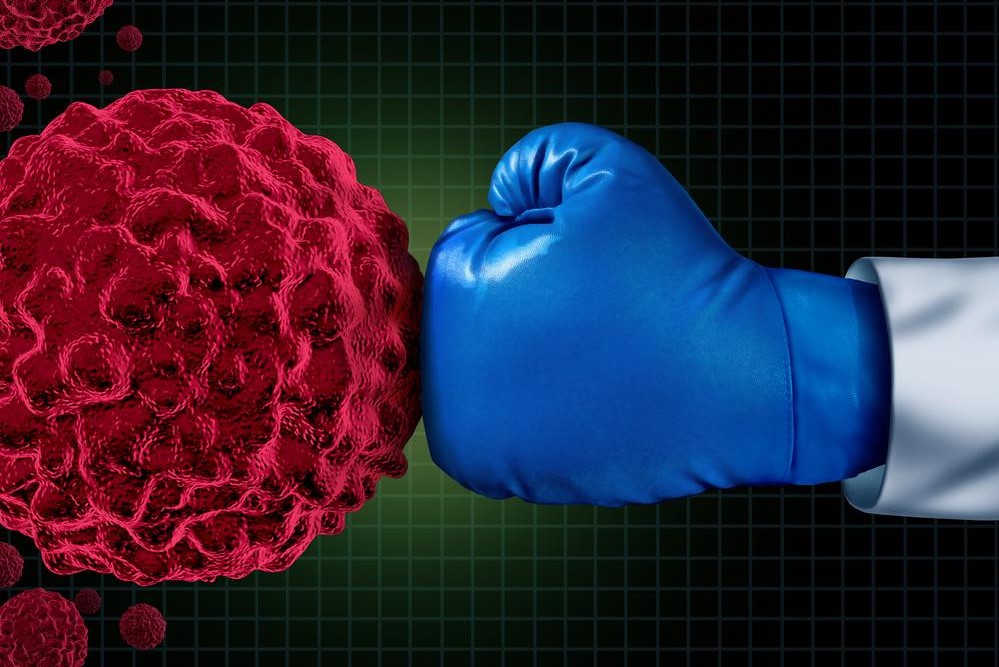Key Insights into Immunotherapy for Lung Cancer Treatment
This article explores the role of immunotherapy in lung cancer treatment, highlighting how immune checkpoint inhibitors help boost the immune response against cancer cells. It details the use, effectiveness, side effects, and limitations of this innovative therapy, primarily for non-small cell lung cancer patients. Immunotherapy offers a promising alternative for patients unable to tolerate chemotherapy, yet it remains effective in a subset of patients. Consulting healthcare professionals is essential for personalized treatment planning.

Key Insights into Immunotherapy for Lung Cancer Treatment
Managing advanced lung cancer presents significant challenges, especially when the disease spreads across lung lobes or other organs. Surgery is often ineffective in such cases, prompting reliance on chemotherapy and radiation therapy. However, many patients cannot tolerate these treatments due to their severe side effects. Immunotherapy has emerged as a promising alternative, aiming to boost the immune system's ability to recognize and attack cancer cells. This innovative approach offers new hope in lung cancer management.
Immunotherapy and Lung Cancer
Immune Checkpoints
A central element of immunotherapy involves targeting immune checkpoints, which are regulatory pathways in the immune system that can be manipulated to enhance anti-cancer responses.
PD-1 Inhibition
Cancer cells often exploit checkpoints like PD-1 to evade immune detection. Immunotherapy drugs block these checkpoints, allowing the immune system to identify and destroy cancer cells effectively.
Treatments are administered through IV infusion and usually do not require hospital stays.
Specific Use for Non-Small Cell Lung Cancer
Currently, immunotherapy is approved mainly for patients with non-small cell lung cancer. It is not yet a standard option for small cell lung cancer patients.
Possible Side Effects
While generally fewer than chemotherapy, side effects can include skin reactions, inflammation in the lungs or gut, and endocrine issues. Monitoring and managing these effects are essential during treatment.
Not Effective for All Patients
Immunotherapy benefits approximately 30% of advanced non-small cell lung cancer patients. Some patients respond better to targeted therapies, which can sometimes reduce tumor size more effectively than immunotherapy.










